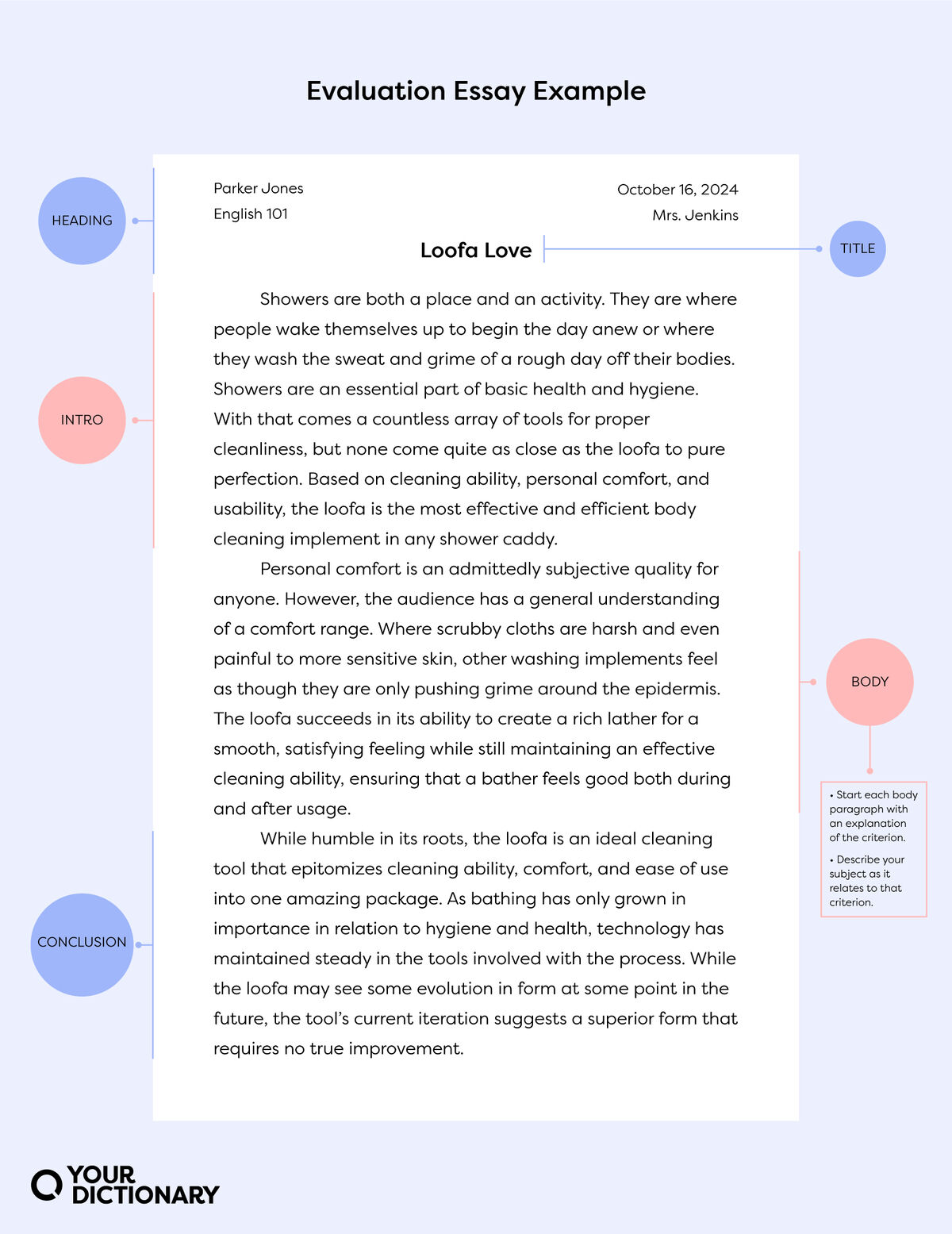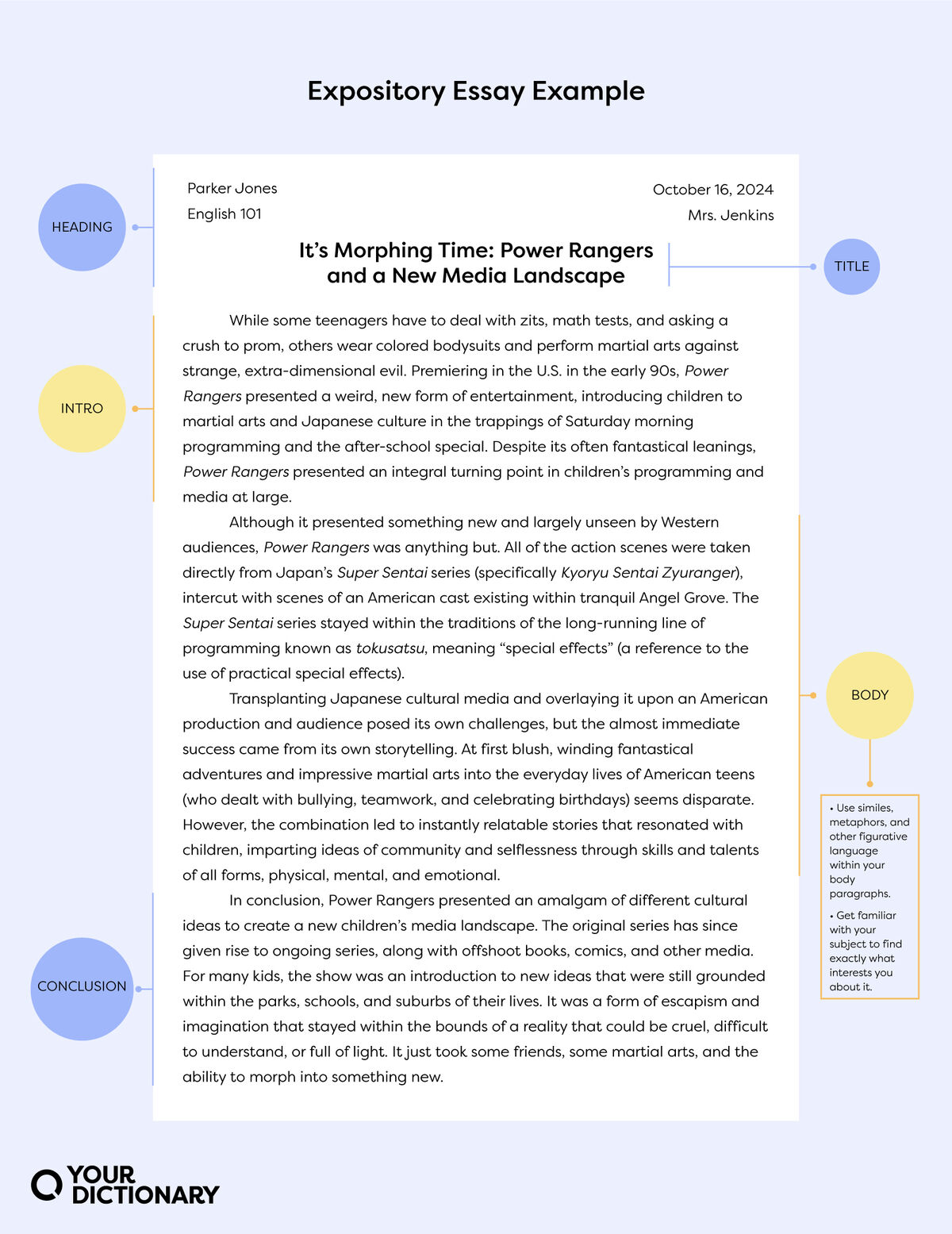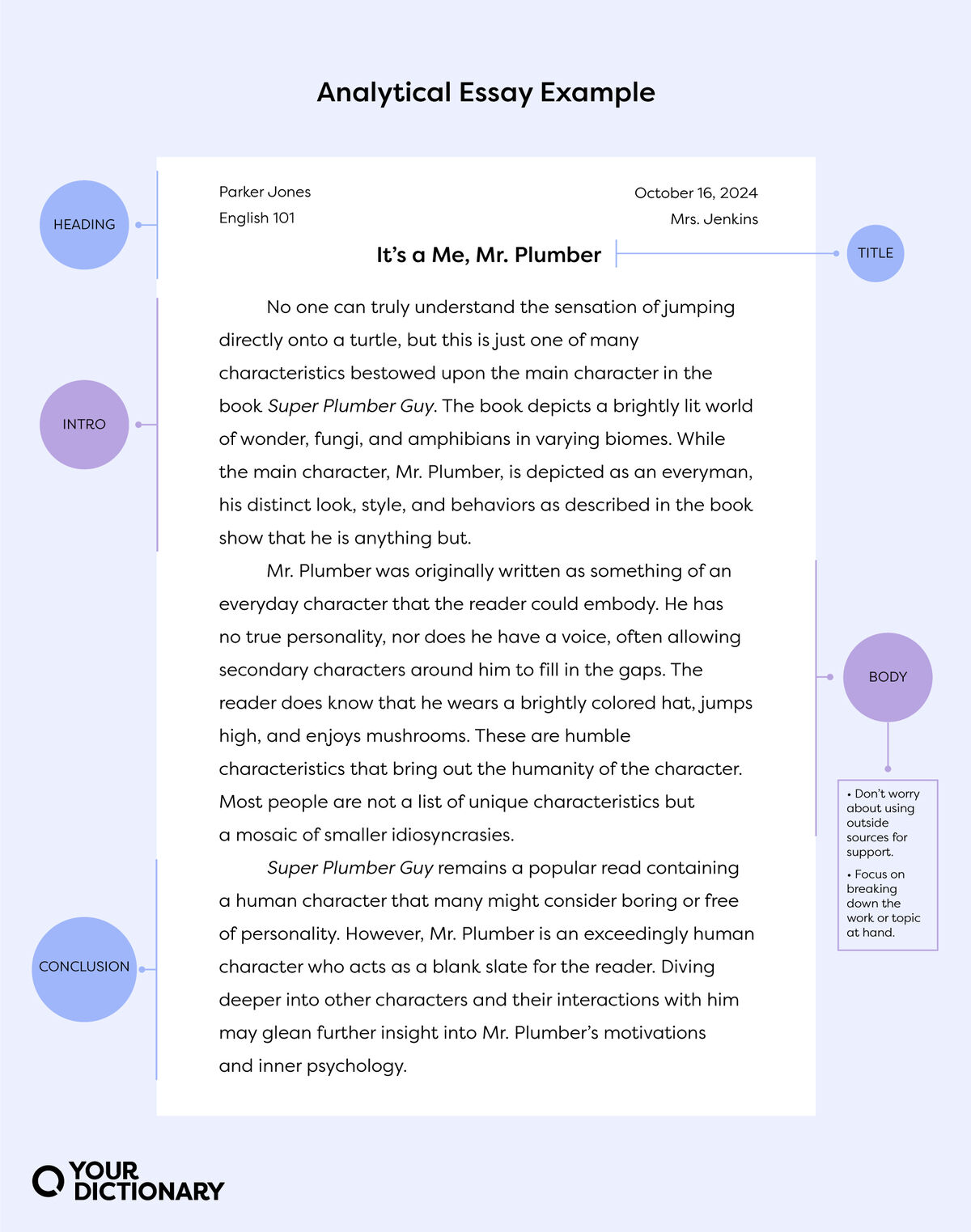Why do some online communities struggle to thrive, while others flourish? The answer, in many cases, lies in the very fabric of their interactions, the unspoken rules, and the attitudes that govern their members the very "you" that forms the community.
The internet, a vast landscape of interconnected ideas and individuals, is home to countless online communities, each vying for a niche and a following. Some, like Stack Overflow, become bustling hubs of knowledge and collaboration, while others remain small, insular, or even toxic. The success or failure of these virtual spaces often hinges on factors that go beyond technical prowess or aesthetic appeal; it's about the human element, the way members treat each other, and the unspoken social dynamics that shape their experiences.
The domain of online communities, like any other, is built on certain technical foundations. Consider the example of a website. Technically, example.com and www.example.com are distinct domain names. While one could host entirely different websites on each (though it's generally considered poor practice), the fundamental difference is clear. To function correctly, both need to be properly set up with DNS records. A simple setup involves having two "A" records pointing both domains to the same IP address, like a digital pointer guiding users to the correct server. Then, each domain has to be "configured" to handle what happens on each of the domains. While this appears simple, there's a lot going on in the background. The basic setup means example.com and example.net and example.org can be used for email purposes. Then, when an email is sent to any of those domains, the email will be sent back to the sender, indicating the mail address is not correct.
If the user is a beginner for Google Analytics, it is important to know that it is very easy to get started with. You can start the analytics just by clicking "start measuring". If a user already has an account, it's simple and easy to go to step 2. Then, the user needs to go to "admin", then "create", then "select account".
However, the technical aspects are merely the scaffolding. The real architecture of a thriving community is built with the bricks of shared purpose, mutual respect, and open communication. Consider the role of roleplaying and the settings that define these virtual worlds. The setting establishes the "where" and "when" of the roleplay, and the roleplay itself generally defines the situation or the genre. The roleplay and settings can be optional, as the character can develop as the users are chatting.
Sometimes, the communities struggle with various challenges, like spam or abuse and the use of multiple accounts. As an example, if example@gmail.com already exists, a user cannot create examp1e@gmail.com. This restriction is enforced to prevent spam and abuse.
The concept of an "example" is central to understanding many aspects of online communities and the broader digital world. An example, in its simplest form, is a specific instance of something that illustrates a broader concept. It's a single piece that represents a larger whole, a way to clarify, demonstrate, or provide context. The word "example" itself is multifaceted. One that serves as a pattern to be imitated or not to be imitated. A person or way of behaving that is seen as a model that should be followed. Someone or something that is mentioned to help explain what you are saying or to show that a general statement is true.
The use of examples is widespread in learning, development, and illustration. "Go by example" is a practice-oriented introduction to Go, including a series of example programs with explanatory notes. The best way to learn Python or Java programming is by practicing examples. Also, people are learning about the basic concepts of python and java by practicing examples.
Let's delve into some real-world examples to illustrate these points. Consider a thriving online forum where members are encouraged to share their knowledge, assist others, and engage in constructive discussions. In this environment, newcomers feel welcomed, and experienced users are valued for their contributions. Contrast this with a community plagued by negativity, where members are ridiculed or ostracized for making mistakes. It is the type of dynamic that can be seen as a way to encourage growth and it also prevents further issues.
One crucial aspect to consider is the role of the community itself. This is where individuals can share their thoughts and express their perspectives. Think of the roleplay communities and the ways they function. The genre sets the situation, while the setting establishes "where" and "when."
The importance of examples extends beyond the technical realms. It's a crucial tool for education, communication, and persuasion. Think of how the media often relies on examples to illustrate complex issues. The best way to learn is to practice by example. The argumentative essay example, as college sports continue to be hugely popular and the National Collegiate Athletic Association (NCAA) brings in large amounts of revenue, people have revived the debate on whether college athletes should get paid.
In any community, the behavior of its members sets the tone. Consider the impact of Google and other services. They reserve various usernames for their own use, in order to prevent spam or abuse. In contrast, the absence of these rules can lead to chaos and the downfall of a community. The "you" in a community encompasses all the individuals, their attitudes, and how they interact with each other.
In the context of web development, consider the use of frameworks like Vue.js. Many developers create a nice collection of often useful examples. This showcases the capabilities and ease of use of the technology. The task tracker, built with Vue.js, offers enhanced performance and features thanks to Vue's capabilities.
The examples can be found in various forms. It could be a document. It could be the illustration of something that's been generally described. Find 452 different ways to say example, along with antonyms, related words, and example sentences. The word "example" means "for example" (exempli gratia in Latin). It is used in much the same ways as 'for example,' coming before an item or list of items.
The word example can be used as a part of daily life, to understand the world around us. This domain is for use in illustrative examples in documents. You may use this domain in literature without prior coordination or asking for permission.


